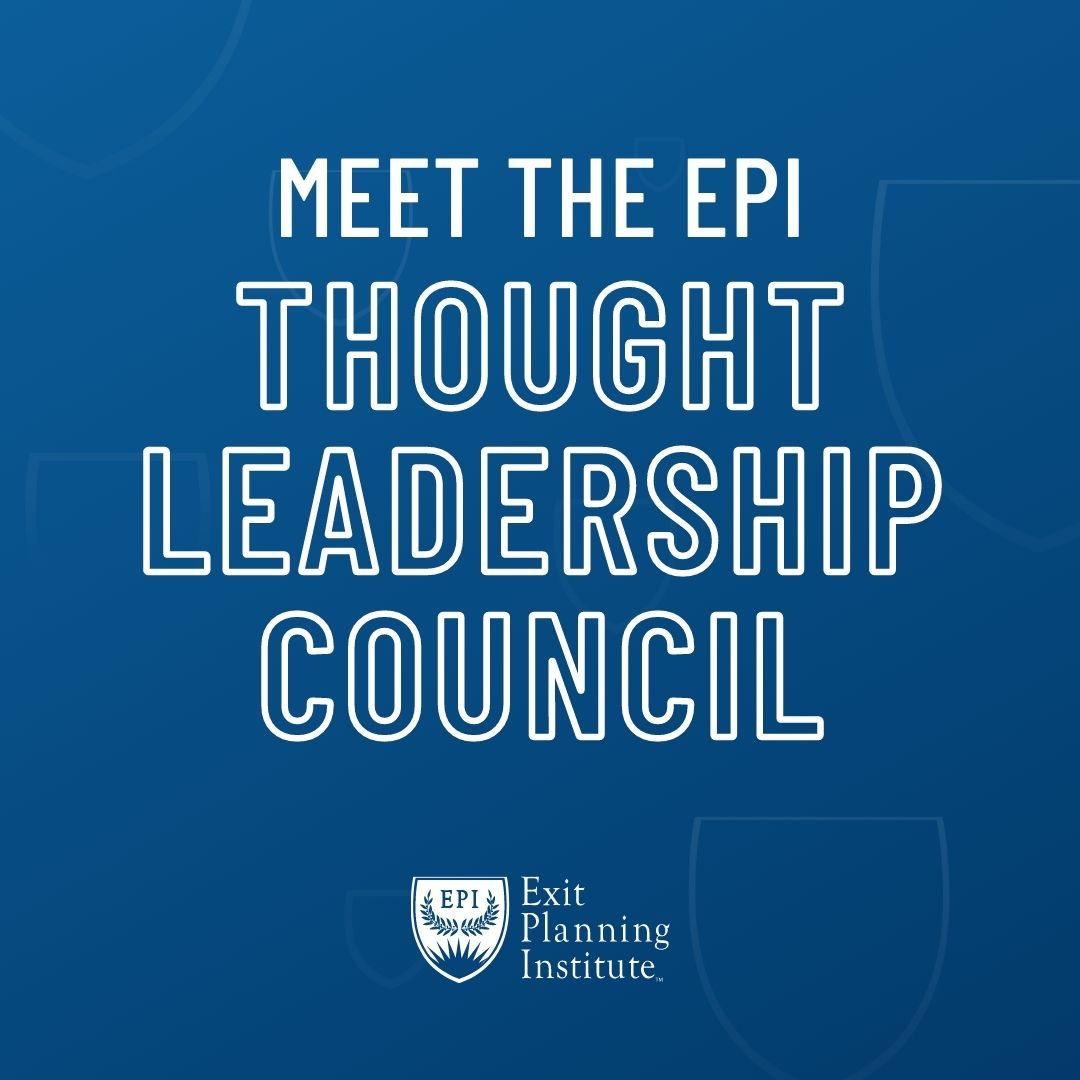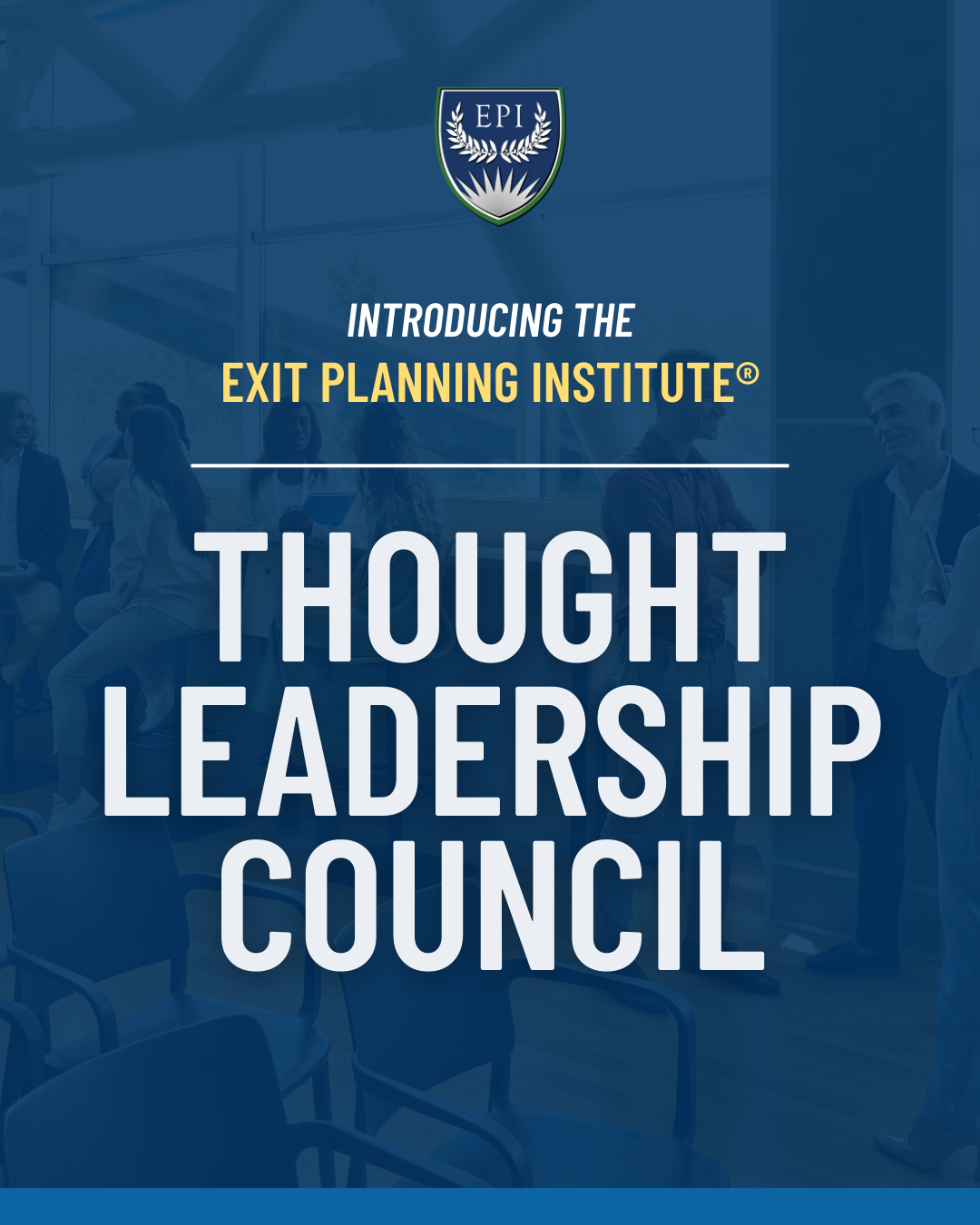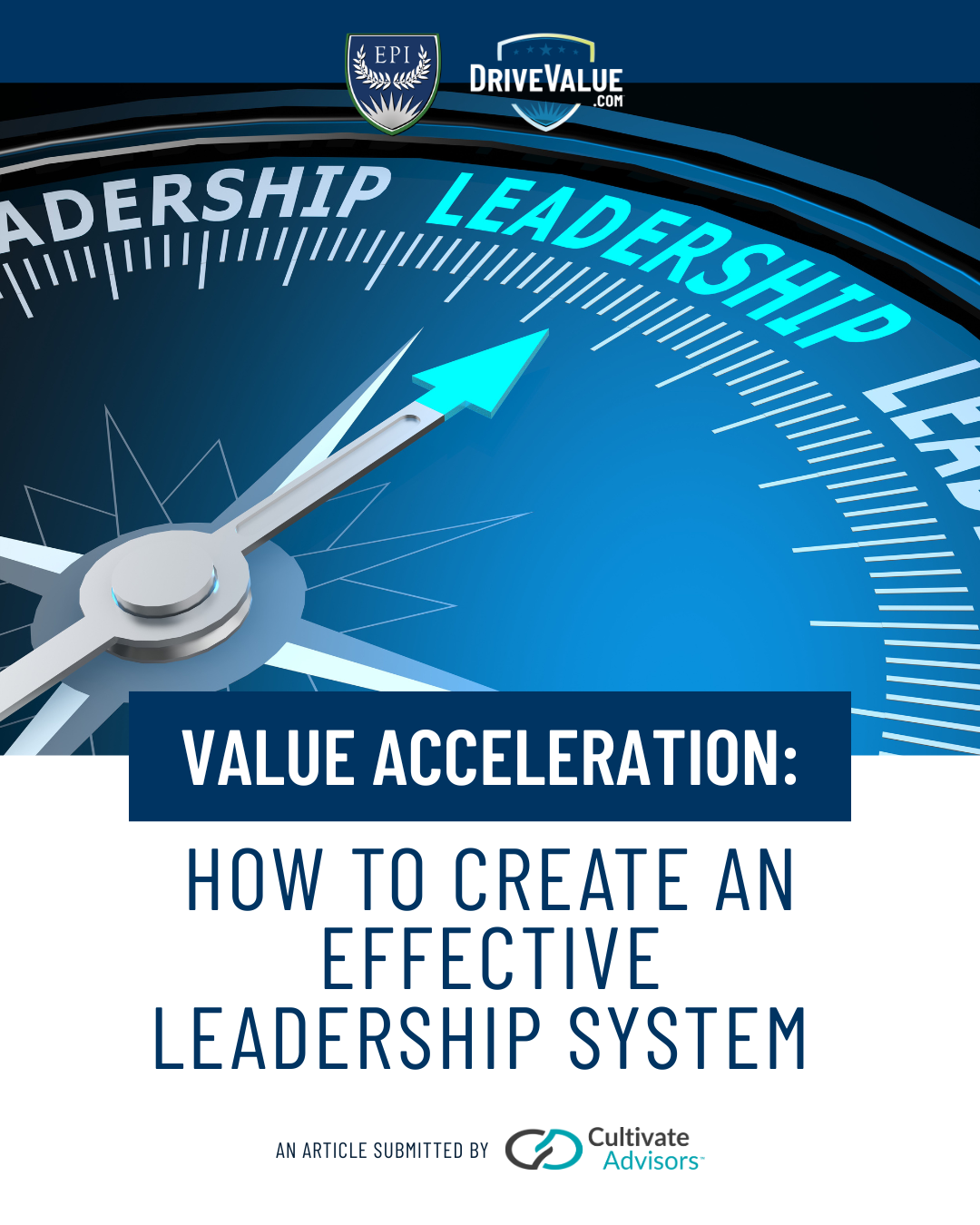
THE EXIT PLANNING BLOG
Keep up-to-date with exit planning, succession planning, industry trends, unique specialty insights, and useful content for professional advisors and business owners.
Share this
How the EPI Thought Leadership Council Mentors the Next Leaders in the Exit Planning Community
by Colleen Kowalski on October 27, 2022
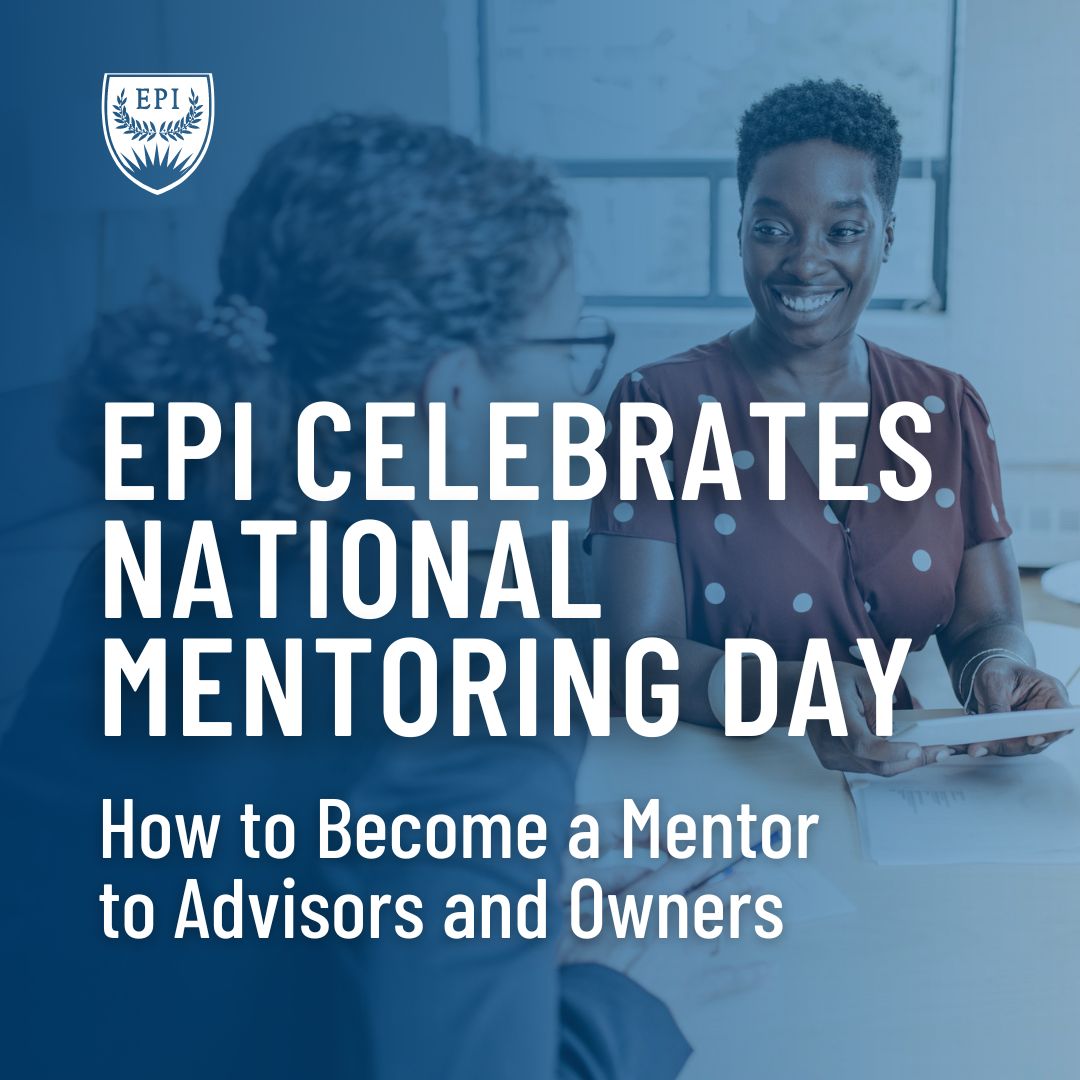
October 27 is National Mentoring Day. Mentorship can provide both the mentor and the mentee with a lifetime of resources, connections, and ideas that can improve their business and personal life. We spoke with some of the members of our EPI Thought Leadership Council to see how mentorship has positively impacted their lives and careers.
Meet the EPI Thought Leadership Council
The EPI Thought Leadership Council is made up of a select group of highly successful advisors whose work exemplifies the Value Acceleration Methodology and whose insight and knowledge are valuable to other advisors.
Council Members serve as extensions of Exit Planning Institute in the media to represent the Value Acceleration Methodology. As thought leaders, these advisors are viewed as trusted sources for reporters and journalists.
Julie Keyes, Founder and CEO, KeyeStrategies
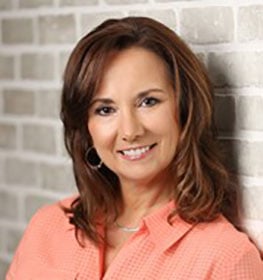
Julie Keyes is the founder and owner of KeyeStrategies, LLC, and has been an entrepreneur for the majority of her life. As the founder and operator of several companies, she understands what keeps an owner up at night and the balancing act required to work both ‘in’ and ‘on’ the business. Having outside perspective and mentoring made all the difference for her, as she spent years growing and improving her companies before selling and becoming a business adviser in 2011.
Who was your mentor and how did they help shape you into the business person you are today?
Unfortunately, I didn’t have a mentor. I learned most of what I learned the hard way. Being a woman-owned business in the 80s and 90s was rather an anomaly in my area, and finding the right resources wasn’t easy. What I did do was listen to inspiring and knowledgeable speakers, read books, and go to seminars. I learned most of it by doing.
One reason I became an advisor was to help other owners shorten their learning curve! Some of my learning was painful: “don’t hire friends or family, don’t use cash for everything, maintain at least two banking relationships, hire slow and fire fast, don’t let any single client become more than 20% of your business.”
Some of these lessons you don’t necessarily learn in books, and some of this knowledge came to me after the fact, but all of it shaped who I am as an entrepreneur and advisor. Having empathy for my clients provides me with an edge that most advisers only know in theory; I lived through most of the struggles they experience.
How have you served as a mentor to others?
Since becoming a CEPA, I’d have to say I’ve helped hundreds of other CEPAs get their practice off the ground. Some a great deal more than others, but I’ve definitely made an impact on many advisors. I’ve done this through one-on-one coaching, group coaching and teaching, as well as my book and podcast. I’ve become a go-to for many who are in the exit planning field, whether they are newly minted CEPAs or seasoned exit planners. Being generous and providing value to others who impact the outcomes of owners is my way of duplicating my efforts and going beyond what I can do alone.
Amy Wirtz, Consultant, The Family Business Consulting Group
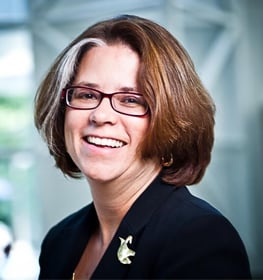
Amy Wirtz is a consultant with The Family Business Consulting Group specializing in shareholder value enhancement, business planning processes, and transition implementation of management, leadership, or ownership of a business. Her passion stems from growing up in her grandparents’ second-generation business, surrounded by the complex matters a family business presents.
Who was your mentor and how did they help shape you into the business person you are today?
It is really hard to narrow it down to one mentor for me. Because my journey has been in different careers I feel that I had different mentors in different phases of my professional development. The one mentor that has been in my life since I was 9 years old is David Newcomer. He is a lawyer in a small NW town and a good friend of my parents. He is kind, firm, and calls me on my own shit.
David is why I explored law, he encouraged my business development, and he pushed me to find the world of family business consulting. He often recognized my need for change and ability to change before I did and he still does. Other mentors in my business life have been Chris Snider, Diane Palos, John Sayre, and Sean Hutchison. Know that it is ok to have multiple mentors for different phases of life.
How have you served as a mentor to others?
I often take calls from new CEPAs and help them envision the start of their practice and walk through their first case. I learn from them and am rewarded as their skills start to blossom. Additionally, I have even paid for others to receive their CEPA credential and helped them grow into great resources for our community.
Sean Hutchinson, Partner, RFN Global
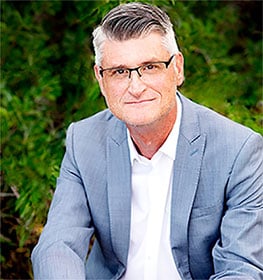
Sean has founded more than half a dozen companies, all of them with partners, some more successful than others. At the age of 34, Sean led a fast-growing global company and was responsible for making big decisions with big implications on a daily basis. Despite having been very green, he was hard-working and quick learning and the firm became the largest of its kind in the world. Sean is proud to call himself the third-generation heir to his family’s 64-year-old custom millwork manufacturing business.
Who was your mentor and how did they help shape you into the business person you are today?
I have been lucky to have two important mentors. I worked for the first, and the second has been a good friend for years. Ironically, both of them would probably be surprised I consider them to be a mentor because they are humble. But maybe that’s a characteristic of a good mentor. One way they shaped me: they were able to create a safe and welcoming space for debate and show appreciation for it even when we didn’t agree. That was a profound experience for me because I had a tendency to believe that the purpose of the debate was to win the argument.
I learned to embrace debate as part of the creative process. It is really a conversation that allows us to examine our biases more closely, practice humility, listen more deeply, respect different perspectives, and more sharply articulate our positions (all of which are requirements of effective and sustainable leadership). They also taught me how to lead “from the middle,” not the front. The best piece of advice I’ve ever had was from my friend: learn when and how to say no. He meant it for me, not in the sense of using “no” as power over others or to crush good ideas.
Create a safe space for others to thrive, don’t make the mistake of trying to do and know it all yourself. You can’t possibly be effective, and our ego and pride can get in the way of success. That’s probably the essence of leadership. Thinking back, all of my leadership face-plants (and there have been many) can be traced to ego and pride showing up in one form or another. But I learned from the failures, thanks to good mentors.
How have you served as a mentor to others?
I’m at heart a teacher and I believe in the transformative power of education. I’m a positivist. I believe we can solve difficult, and even wicked, problems together if we have a shared foundation and an authentic commitment to exploring ideas for common good. So I spend what time I can carve out for mentoring as a trainer and storyteller. I can only share what I know, which stems from my professional and personal experience.
To be a good mentor, you have to be truthful and authentic. You can’t fake it. I choose to do that “in the classroom,” not just because I enjoy it, but also because I can learn from it and become a more valuable resource. I also try to be as available as possible to my professional peers if they need help. Just reach out. I make that offer to everyone who wants to explore a problem or opportunity. It’s not totally altruistic because I learn things I can put to work that make me a better person and professional. Hopefully it’s mutual.
Linda Ruffenach, Founder and Chief Strategist, Execuity Value Advisors
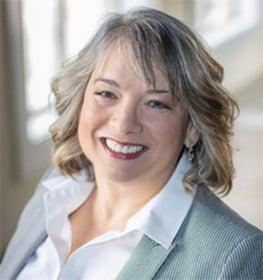
Linda’s purpose is to use her gifts, experience, and knowledge to guide current and future business owners to maximize their potential. Her 20+ years of C-level experience growing a $100 million business, enables her to relate to the challenges business owners face every day. She founded Execuity Value Advisors and Whisky Chicks in the same year. Both companies embrace the idea that knowledge and experience breed confidence. Linda is a skilled facilitator and has developed a systematic approach to measuring and improving the value of a business.
Who was your mentor and how did they help shape you into the business person you are today?
Kellie Sheryak, with UBS, was the one who introduced me to exit planning and has served as a guide, mentor, and friend over the past few years. She and I met when we were asked to co-present by our local chamber as part of an MBA in a day program for business owners. Her topic was exit planning, mine was on how to improve customer acquisition and engagement. Even though I had been through an ownership transition, it was the first time I heard the term Exit Planning.
As we continued our conversation over coffee, I began to realize how important this process was for business owners. She put in perspective the value someone like me, a value advisor, could offer. From there my journey to becoming a CEPA began. Kellie, who is also a CEPA, invited me to a local EPI meeting where I began to meet local and regional resources who were equally committed to supporting business owners through major transitions. During this same time, I had been approached by other strategic advisors in the area to become part of their team. It was Kellie who encouraged me to continue my own practice noting that I did things differently, combining real-life experience, a high EQ, and subject matter expertise to help guide business owners on their journey.
How have you served as a mentor to others?
Today, I am now the one bringing experienced advisors onto my team as Execuity Value Advisors continue to grow. I seek out former business owners, with an equally high EQ, who have been through a transition and share with them the opportunities that exist within exit planning. They are introduced to the Execuity process, which aligns with the EPI philosophy of providing a synchronized approach that balances the owner’s personal, professional and financial needs. I proactively seek out ways to educate and inform business owners and their advisors of the importance of valuation, value acceleration, and transition planning through workshops, keynotes, webinars, and 1×1 conversations.
Vincent Mastrovito, Founder and President, Prometis Partners
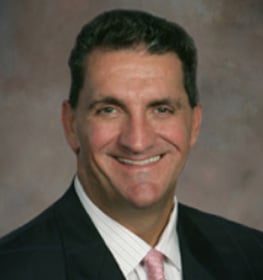
Vincent is the founder and president of Prometis Partners. He began his career in 1989 providing wealth management services to businesses and individuals. After two decades with Lincoln Financial Group, confident in his own experience, Vincent built his own firm, Prometis Partners. During his years as an independent succession planning advisor, Vincent has discovered his true passion for working closely with business owners on exit planning strategies. He brings his experience and enthusiasm for finding solutions to each new challenge.
Who was your mentor and how did they help shape you into the business person you are today?
My father was a huge mentor for me when I was growing up and as I moved into adult life. In my mid 20’s I started my own financial planning firm, and he was right there to help mold my path. He really emphasized integrity and character. He explained to me that anyone can sell people stuff it is the ones with high integrity and character that become trusted advisors for the client. I have used that same approach in my business now and it has helped me tremendously.
How have you served as a mentor to others?
I have served as a mentor to others in my previous business and now as a value advisor. I feel very strongly that helping other people when they are starting out or when they just need an outside voice to keep them focused and grounded is very rewarding. As I have been a value advisor through EPI, many people coming through the training call me to ask how to get up and running so they can get some traction. It is exciting when I hear back from them time to time and they thank me for spending time with them. We all need people to lean on at different points in our life and career knowing that you have touched someone and helped them is a good feeling.
Learn more about our EPI Thought Leadership Council here.
Follow our socials for more exit planning content and strategies.
Share this
- Blog (550)
- CEPA (433)
- exit planning (249)
- CEPA community (189)
- Business Owner (177)
- Exit Planning Summit (101)
- EPI Chapter Network (89)
- Value Acceleration Methodology (81)
- Exit Planning Partner Network (76)
- EPI Announcement (50)
- Content (48)
- Webinars (37)
- Excellence in Exit Planning Awards (34)
- Marketing (30)
- 2024 Exit Planning Summit (28)
- 5 Stages of Value Maturity (26)
- Books (24)
- EPI Academy (24)
- EPI Team (22)
- Exit Planning Teams (22)
- Leadership (21)
- 2023 Exit Planning Summit (20)
- family business (20)
- Intangible Capital (19)
- women in business (19)
- Exit Options (17)
- Black Friday (16)
- CPA (15)
- Walking to Destiny (15)
- Chapters (14)
- State of Owner Readiness (14)
- Small business (13)
- charitable intent (13)
- Chris Snider (12)
- National Accounts (12)
- personal planning (12)
- Financial Advisors (11)
- Season of Deals (9)
- 5 Ds (8)
- About us (8)
- Podcast (8)
- Scott Snider (8)
- Insiders Bash (7)
- Christmas (6)
- Exit Planning Content Library (6)
- Case Studies (5)
- Owner Roundtables (5)
- Three Legs of the Stool (5)
- Value Advisors (5)
- financial planning (5)
- Awards (4)
- Circle of Excellence (4)
- DriveValue (4)
- EPI Thought Leadership Council (4)
- Exit & Succession (4)
- Five Ds (4)
- executive training (4)
- Owners Forum (3)
- author (3)
- forbes (3)
- Exit Is Now Podcast (2)
- Peter Christman (2)
- Veteran (2)
- Whitepapers (2)
- Annual Exit (1)
- Business Owners Forum (1)
- SOOR (1)
- business consultants (1)
- team work (1)




